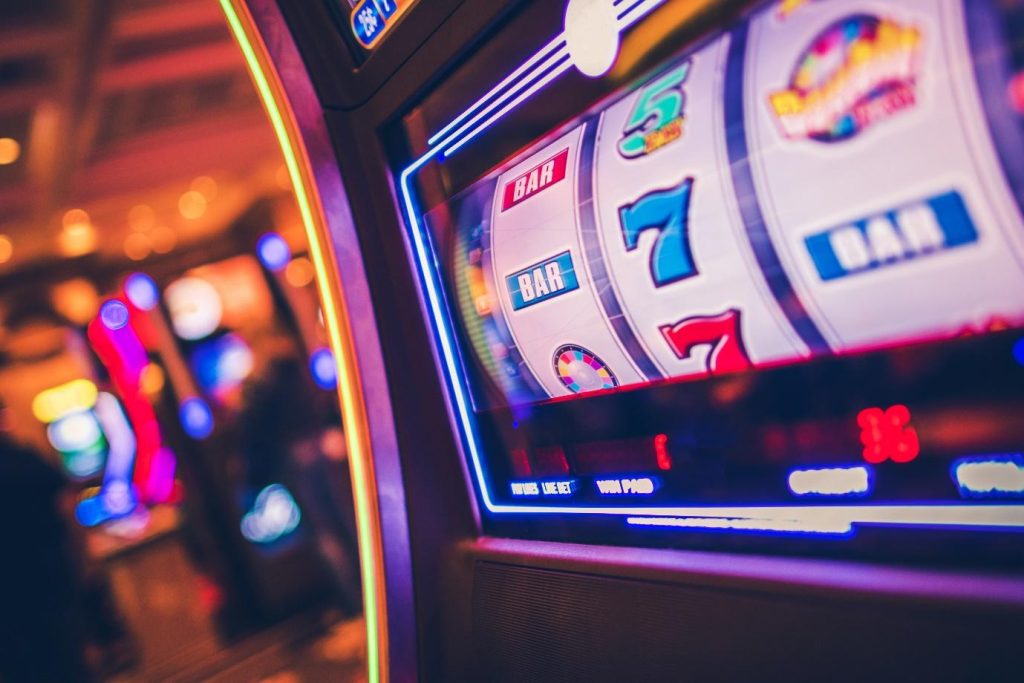Online Slots are among the most widely played games across digital casinos. Their appeal lies in their straightforward gameplay and wide variety of formats.
However, what ensures fairness and unpredictability in these games is a behind-the-scenes mechanism known as the Random Number Generator, or RNG.
Understanding the role of RNGs is fundamental to appreciating how outcomes in online Slots are determined and why they cannot be manipulated.
In the world of online gaming, where players can choose from a wide selection of top-rated titles, the function of the RNG is crucial in maintaining integrity.
Whether you’re spinning a traditional three-reel slot or exploring a feature-rich video slot, it is the RNG that ensures every result is independently and randomly generated, regardless of previous spins or gameplay history.
What is an RNG, and what does it do?
At its core, an RNG is software that picks a sequence of numbers every time you hit spin. These numbers are mapped to symbols on the reels — meaning the RNG is what decides what you see on your screen. Importantly, it does this without any pattern. You can’t guess it. You can’t influence it.
Most online Slots use what’s known as a Pseudo-Random Number Generator (PRNG). It’s not fuelled by pure chaos — instead, it uses an algorithm and a starting number (or seed) to create results that are statistically random.
For practical purposes, especially in regulated games, PRNGs do a very good job of keeping every spin fair.
Why RNGs matter
The key reason RNGs matter is fairness. They make sure each spin is independent from the last. You could spin 50 times without landing a win, or hit a big payout twice in a row — the RNG doesn’t remember what happened before, and it doesn’t care how long you’ve been playing.
That means things like “this slot must be due a win soon” or “it hasn’t paid out in a while” are myths. Every spin is its own event, not linked to anything that’s come before.
RNGs and RTP: What’s the difference?
It’s worth knowing that RNGs and Return to Player (RTP) are two separate things. The RTP is the percentage a game is expected to pay out over a very long stretch of play.
For example, a 96% RTP means that over thousands of spins, the game should return 96 coins for every 100 coins wagered — on average.
The RNG makes sure each individual spin lands randomly. It doesn’t try to reach the RTP target every few spins.
So while the game might pay out big wins or nothing at all in the short term, over time, it will generally stay within that RTP range — thanks to the RNG.
Where to find RNG-Secured Slots?
If you’re browsing online casinos and wondering which games are backed by RNGs, the good news is: almost all legitimate online Slots are.
You’ll find them in every regulated casino. Look for signs that a site is licensed and that its games are tested by recognised bodies.
Sites offering a large selection of top-rated Slots, for example, typically only host games developed by trusted providers who build RNGs directly into the game software.
These titles are reviewed before going live and undergo regular audits to stay certified.



